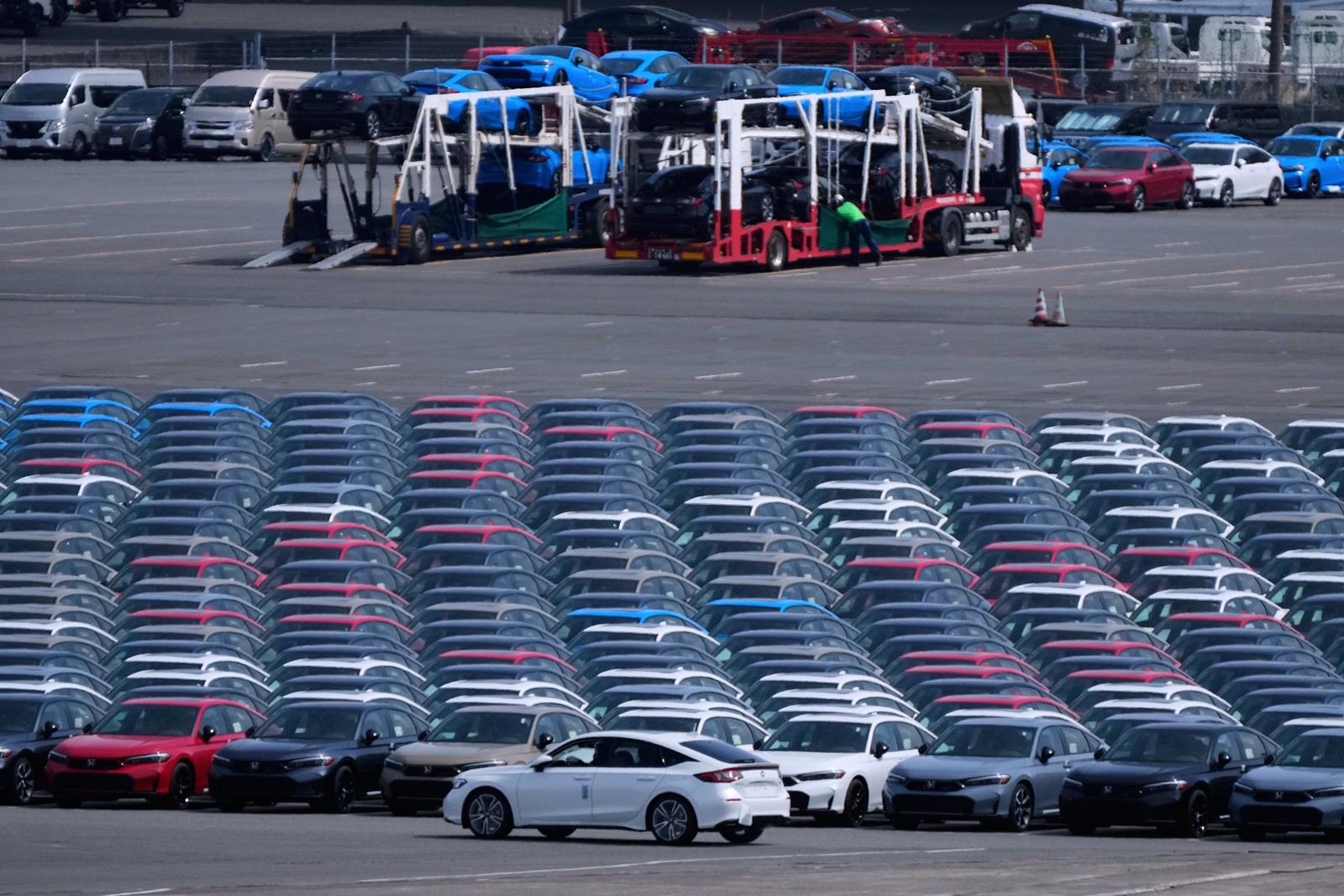
A federal appeals court temporarily paused a sweeping ruling against President Donald Trump’s global tariffs while it takes more time to consider the administration’s request for a longer-lasting hold.
A brief order granting a so-called administrative stay was issued Thursday by the U.S. Court of Appeals for the Federal Circuit, the latest twist in a case that has upended a pillar of Trump’s economic agenda. It pauses an order that had blocked the tariffs and given the administration 10 days to unwind the levies.
The new order, which didn’t include an explanation, creates fresh uncertainty about the fate of Trump’s tariffs.
In a court filing earlier Thursday, the Justice Department said the Wednesday decision by the U.S. Court of International Trade harmed U.S. diplomacy and intruded on Trump’s exclusive authority to conduct foreign affairs. It asked the Federal Circuit to put the ruling on hold while the U.S. pursued a formal appeal.
The federal circuit laid out a briefing schedule that runs through June 9 to decide on the request for a longer-term stay. The unsigned order was issued by a panel of 11 judges, all but three of whom were appointed by Democrats.
In a ruling that took many by surprise, a three-judge panel of the trade court held that Trump exceeded the authority granted him by a 1977 emergency law in imposing his “Liberation Day” global tariffs and other sweeping levies. The decision was handed down in a pair of related suits filed by a group of small businesses and about a dozen Democratic-led states.
The Trump administration is simultaneously asking the Manhattan-based trade court to put its own order on hold while the case is on appeal. The plaintiffs were asked to file a response to that request by 12 p.m. in New York on Friday.
The administration faced another setback Thursday when a federal judge in Washington released a separate ruling that declared a number of Trump’s tariffs unlawful related to trade with China and other countries. U.S. District Judge Rudolph Contreras limited his decision to the family-owned toy manufacturing businesses that sued. He also delayed his order from taking effect for 14 days to allow the Justice Department to appeal.
Contreras denied the government’s request to move that case to the Court of International Trade. A challenge to his decision would go to a different appeals court, the DC Circuit.
The government is moving quickly to try to keep the sweeping tariffs in effect, arguing the U.S. faces “irreparable harm” if the order isn’t blocked during its appeal.
The Trump administration earlier said it would ask the Supreme Court to intervene as soon as Friday if a lower court didn’t immediately put the Court of International Trade ruling on hold.
Connecticut Attorney General William Tong, who’s state is a plaintiff in the case, said he remains confident that Trump’s tariffs will ultimately be blocked for good.
“This temporary stay does not change the underlying facts — Trump concocted a fake emergency to launch a lawless and pointless trade war,” Tong said. “His tariffs have inflicted needless chaos and economic uncertainty.”
The Justice Department has rejected that contention in court filings and said the emergencies were valid.
Jeffrey Schwab, senior counsel at the nonprofit Liberty Justice Center who represented the five small businesses that sued, called the appeals court order a mere “procedural step.’’ He expressed confidence that courts would block the tariffs,
The administration has other ways to pursue the president’s goal of using tariffs to lure factories back to America, raise money for the U.S. Treasury and pressure other countries into bending to his will.
Financial markets, which would welcome an end to Trump’s tariffs, had a muted response to the news Thursday; stocks rose modestly.
“Investors are not getting too carried away, presumably in the expectation that the White House will find a workaround that allows them to continue to pursue their trade agenda,’’ said Matthew Ryan, head of market strategy at the financial services firm Ebury.
Trump’s IEEPA tariffs are being challenged in at least seven lawsuits. In the ruling Wednesday, the trade court combined two of the cases — one brought by five small businesses and another by 12 U.S. states.
— The Associated Press contributed to this report.


 PREVIOUS ARTICLE
PREVIOUS ARTICLE
